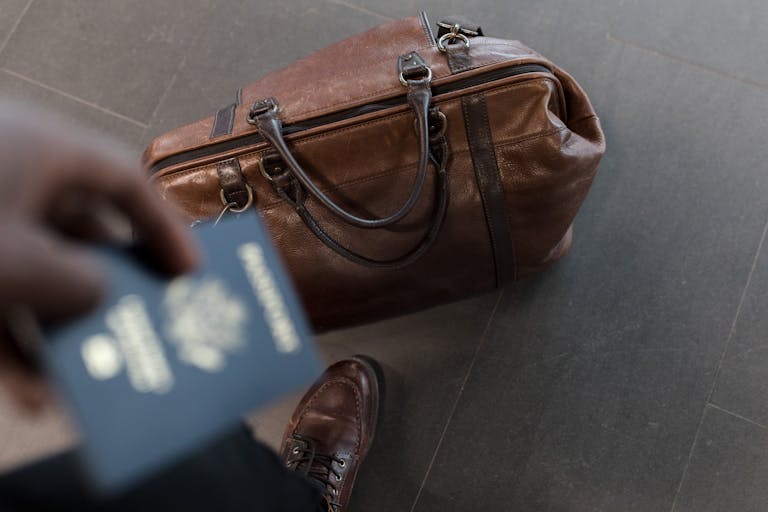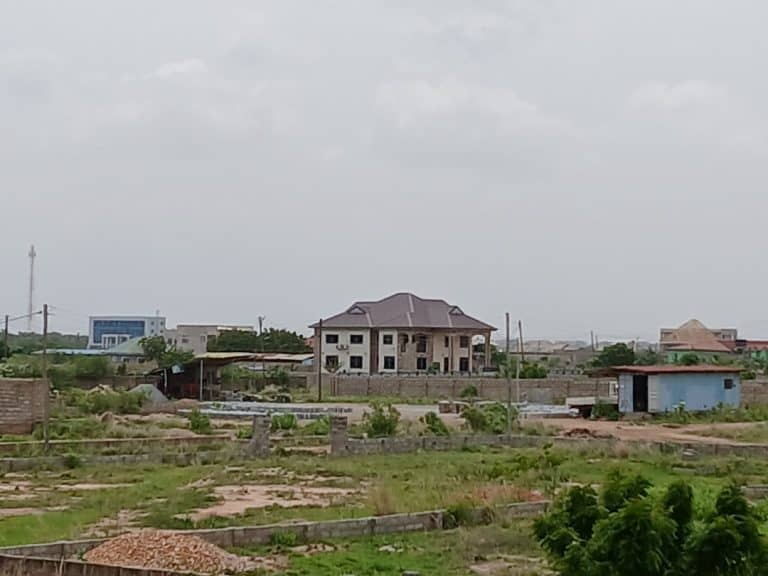This is a premium article written by one of our experts.
Check out

Navigating Ghana’s Real Estate Market as an Expatriate: Challenges & Solutions
Finding a home in Ghana as an expatriate comes with unique challenges. From pricing to property verification, this guide explores key hurdles and practical solutions to help you navigate the market with confidence. Learn how to secure the right home smoothly and avoid common pitfalls.

Safety in Ghana: Lessons from a Tragedy in Puerto Rico
A Tragic Reminder: Travel Safety Matters Everywhere This heartbreaking story highlights the importance of considering safety in Ghana and other travel destinations. A few days ago, Noah Amerson and his family were enjoying what was…

How to Travel to Ghana for the First Time – Timeline, Cost & Real-Life Example
This is a premium article written by one of our experts. Upgrade to Navigator or Pathfinder read the full article

Moving to Ghana: Your Essential Guide for a Smooth Transition
Your journey to Ghana begins with obtaining the correct visa that aligns with your purpose of stay. Ghana offers several visa categories, including tourist, business, and long-term residence permits such as work visas or indefinite residence via the “Right of Abode” program—perfect for members of the diaspora.

Buy Land in Ghana: The Ultimate Guide for Local and Foreign Buyers
Looking to buy land in Ghana? With its stable political climate, robust economic growth, and diverse real estate opportunities, Ghana has become an attractive destination for land investment. Whether you’re part of the African diaspora seeking to establish roots, a local looking to build your dream home, or an investor eyeing West Africa’s burgeoning real estate market, this comprehensive guide will walk you through everything you need to know about land for sale in Ghana.

Private Security in Ghana: Should You Hire a Company or Go In-House?
This is a premium article written by one of our experts. Upgrade to Navigator or Pathfinder read the full article
One Comment
Comments are closed.